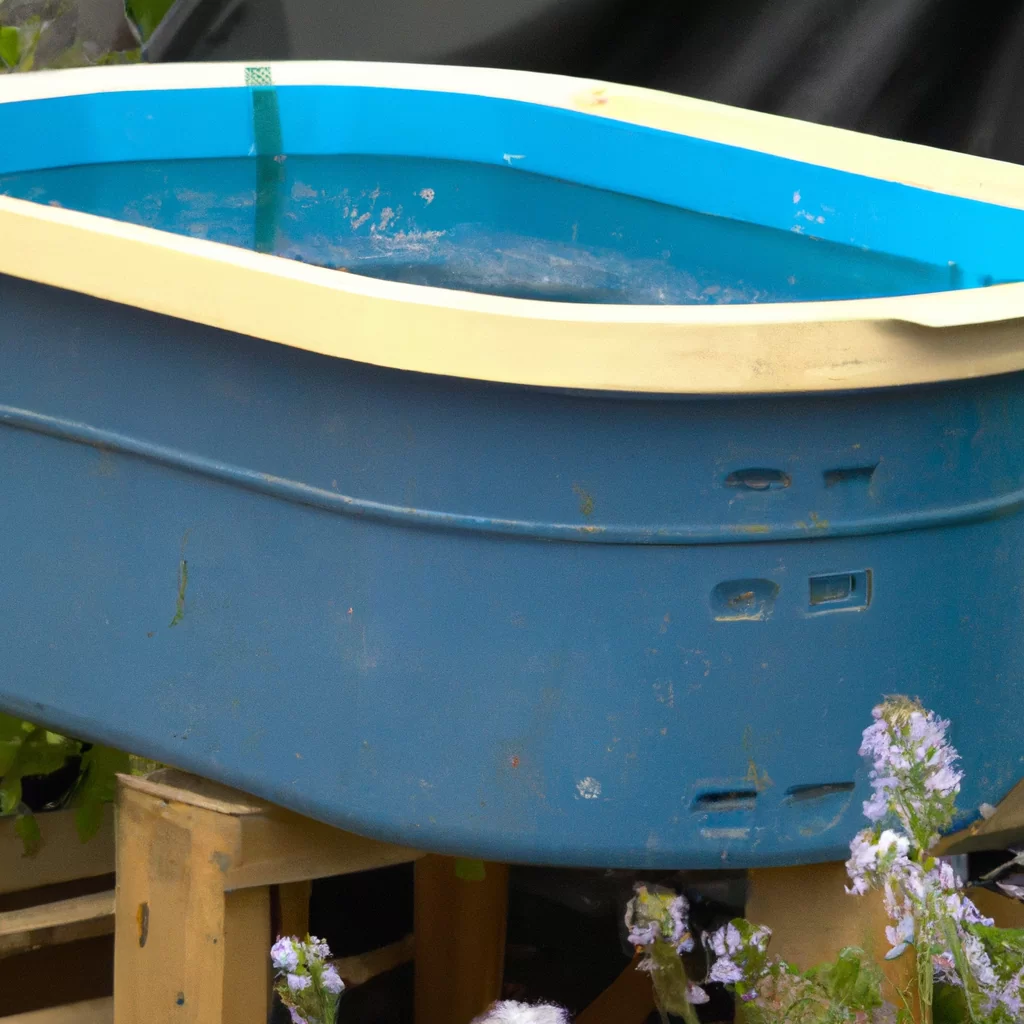How to implement a rainwater harvesting system at home?


How to implement a rainwater harvesting system at home?
Rainwater harvesting systems are a great way to conserve water and reduce your utility bills. Not only is it an eco-friendly home improvement, but it is also a sustainable living practice that can help you save money in the long run. In this article, we will provide you with a comprehensive guide on how to implement a rainwater harvesting system at home.
What is a Rainwater Harvesting System?
A rainwater harvesting system is a mechanism that collects and stores rainwater for later use. This system is made up of a few key components, including a catchment area, a conveyance system, a storage tank, and a distribution system.
How to Implement a Rainwater Harvesting System at Home?
Implementing a rainwater harvesting system at home is not as difficult as it may seem. Here are the steps you need to follow to install a DIY rainwater collection system:
Step 1: Determine the Water Needs of Your Home
The first step to implementing a rainwater harvesting system is to determine how much water your household consumes on average. This will help you determine the size of the storage tank you need. You can calculate your water usage by checking your utility bills or using an online calculator.
Step 2: Choose a Catchment Area
The next step is to choose a catchment area where the rainwater will be collected. This could be your roof, driveway, or any other surface that is impermeable. Ensure that the catchment area is clean and free from any debris or chemicals that could contaminate the water.
Step 3: Install a Conveyance System
The conveyance system is responsible for transporting the rainwater from the catchment area to the storage tank. You can use gutters, downspouts, and pipes to create a conveyance system. Ensure that the conveyance system is properly sloped to allow for proper water flow.
Step 4: Install a Storage Tank
The storage tank is where the rainwater will be stored for later use. You can choose from a variety of tanks, including plastic, concrete, or metal. Ensure that the tank is properly sealed to prevent contamination and evaporation.
Step 5: Install a Distribution System
The distribution system is responsible for delivering the harvested rainwater to your home’s appliances and fixtures. You can use a pump or gravity to distribute the water. Ensure that the distribution system is properly connected to your plumbing system.
Benefits of a Rainwater Harvesting System
Implementing a rainwater harvesting system at home comes with a host of benefits, including:
- Reduced water bills
- Reduced demand on municipal water supplies
- Reduced stormwater runoff and erosion
- Reduced risk of flooding
- Increased availability of water during droughts
- Improved water quality
Conclusion
A rainwater harvesting system is a great way to conserve water and reduce your utility bills. By following the steps outlined in this guide, you can implement a DIY rainwater collection system that is both eco-friendly and sustainable. Not only will you be doing your part for the environment, but you will also be saving money in the long run.
Recent Posts
How do I create an engaging and informative online quiz or assessment?
Creating an engaging and informative online quiz or assessment can be a powerful tool for… Read More
What are the most effective methods for managing and reducing work-related stress in the hospitality industry?
Work-related stress is a common issue in the hospitality industry, where employees often face long… Read More
How can I improve my assertiveness and communication skills in a leadership position?
In a leadership position, assertiveness and effective communication skills are crucial for success. Being able… Read More
What are the key elements of a successful employee recognition and rewards program?
Employee recognition and rewards programs play a crucial role in motivating and engaging employees, as… Read More
How do I effectively manage and respond to customer feedback and reviews?
Customer feedback and online reviews play a crucial role in shaping a company's reputation and… Read More
What are the best strategies for effective time management as a stay-at-home parent?
Effective time management is crucial for stay-at-home parents who juggle multiple responsibilities on a daily… Read More